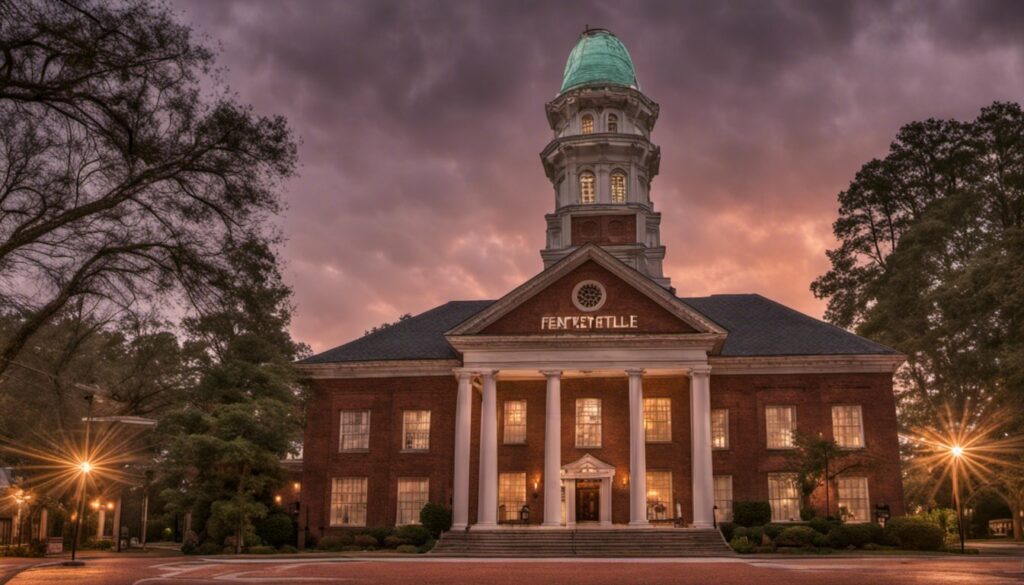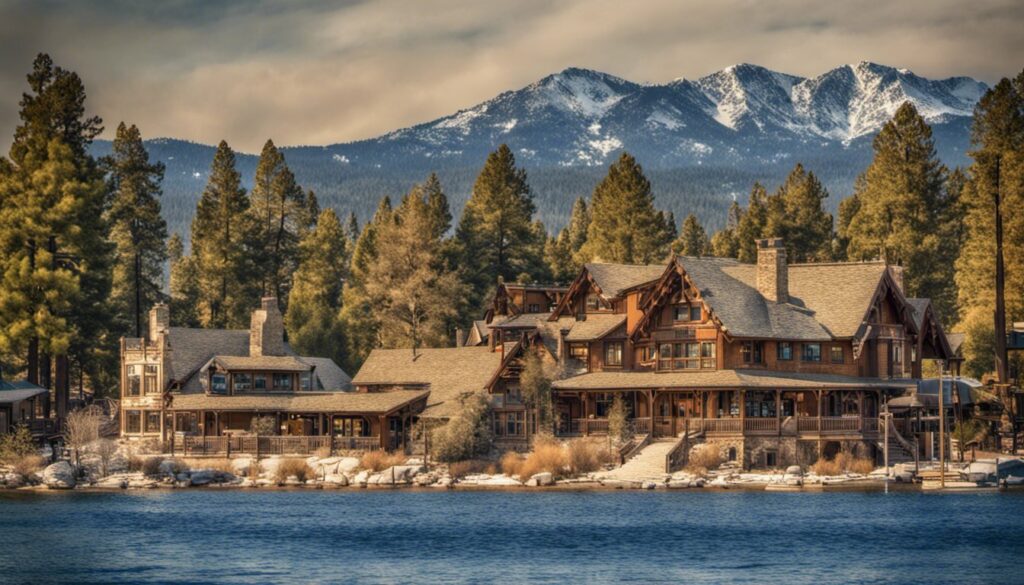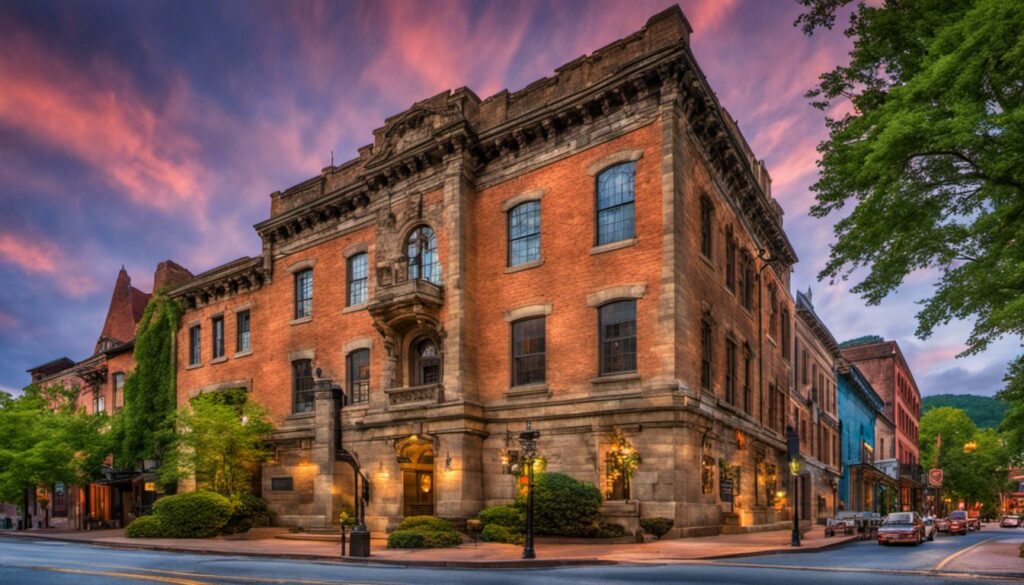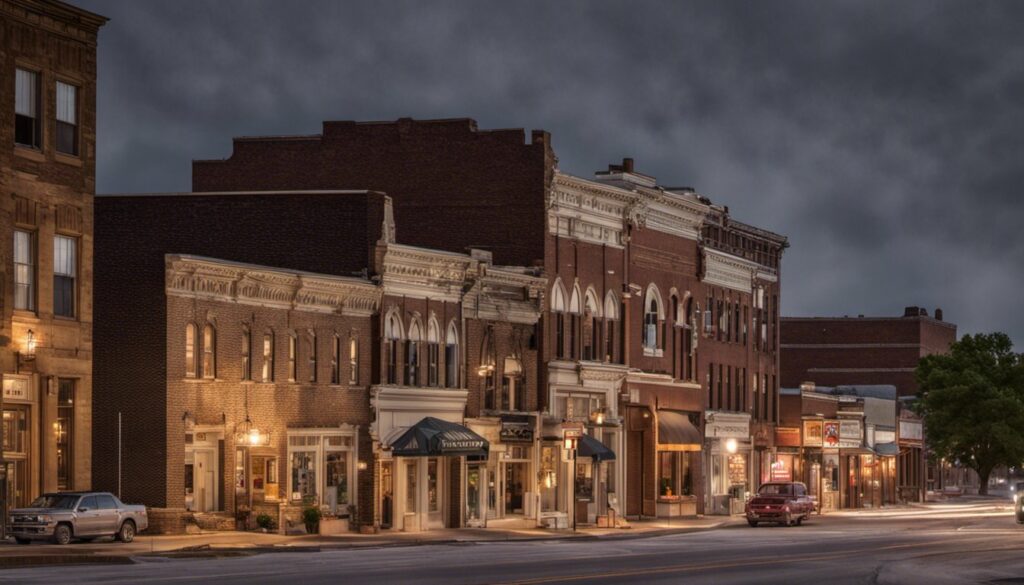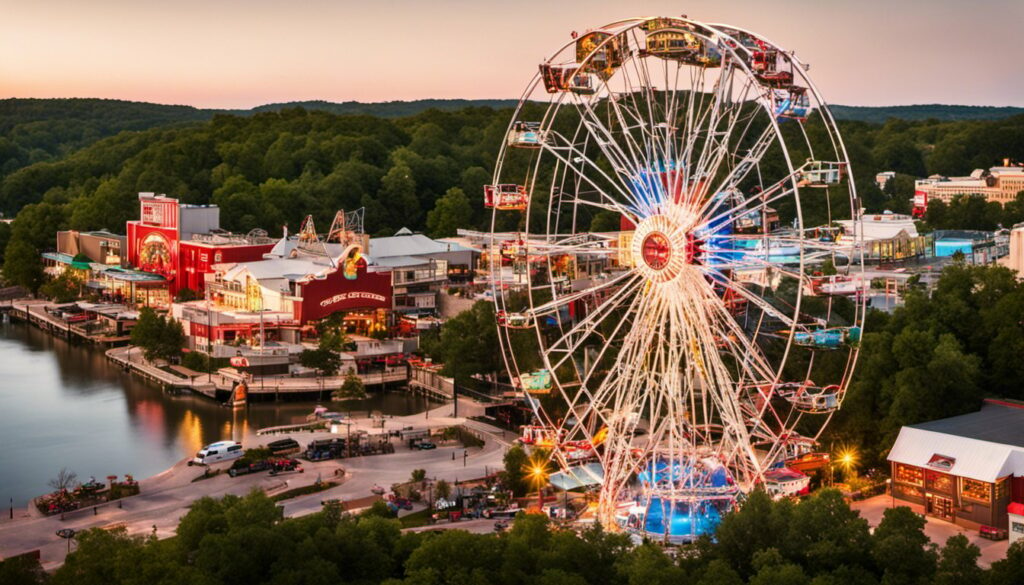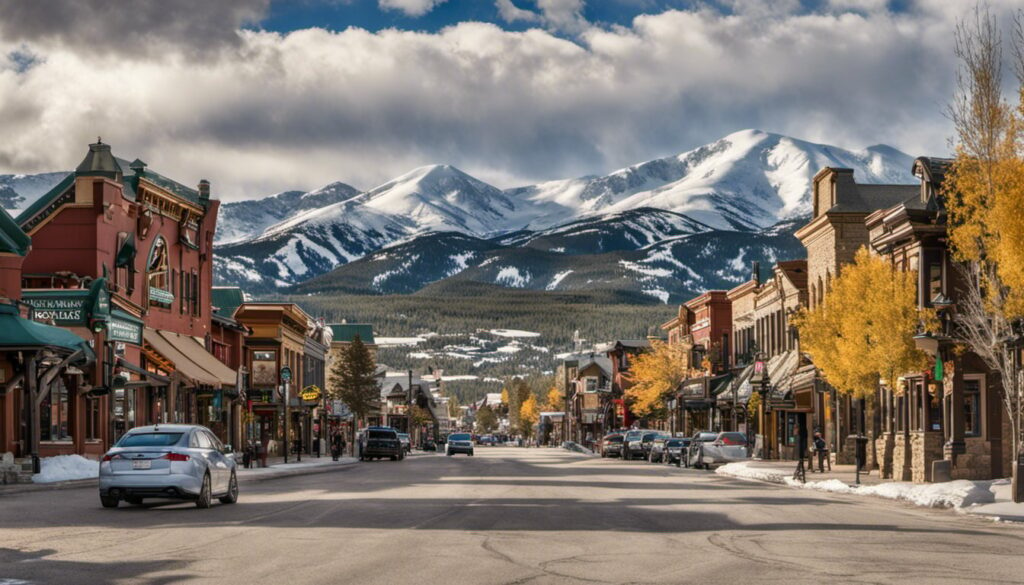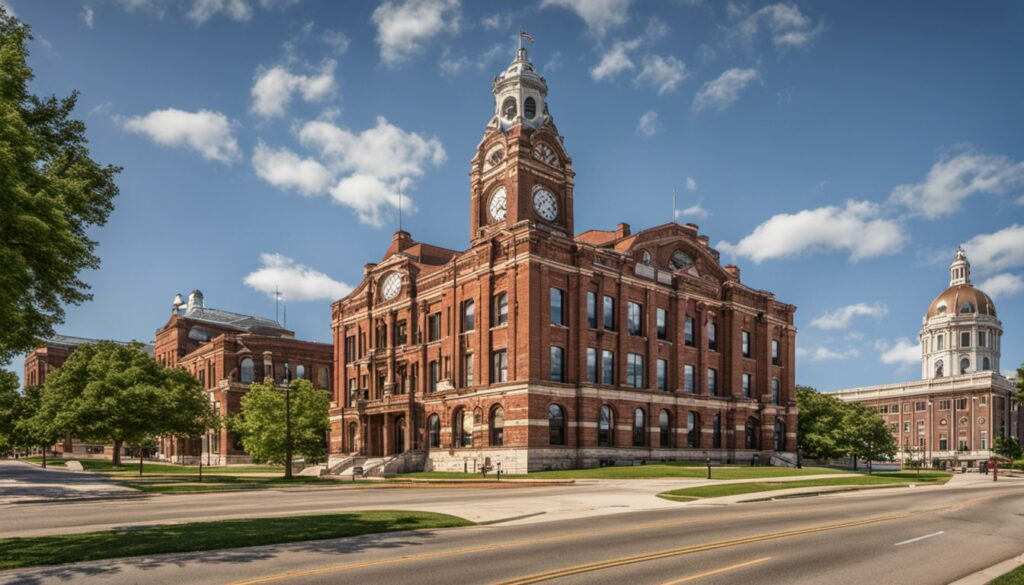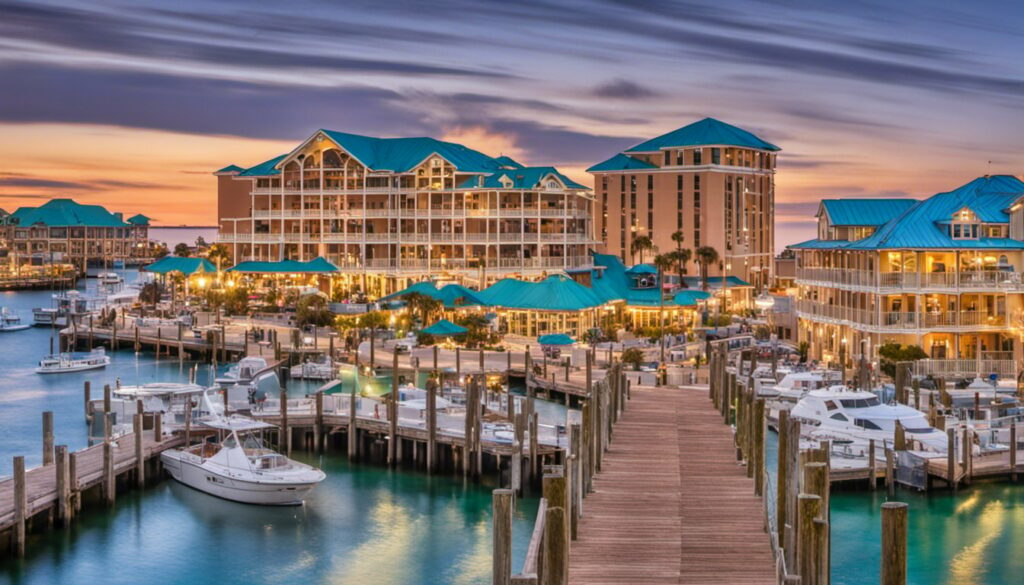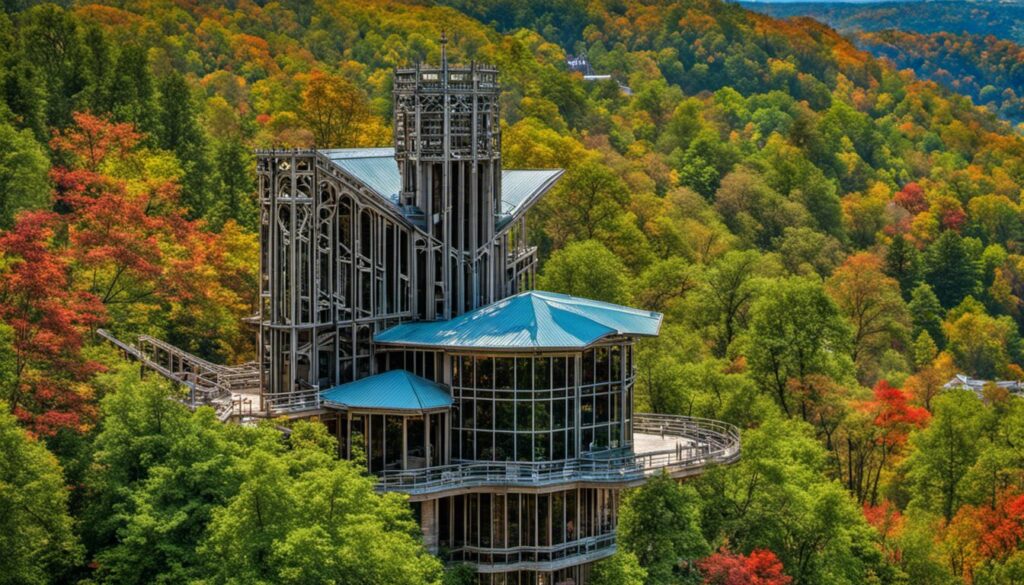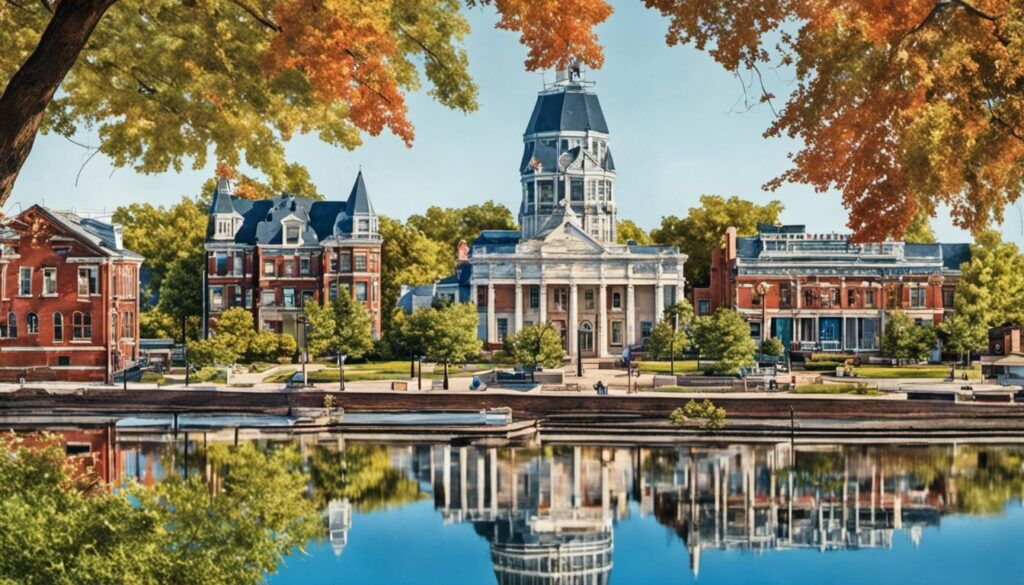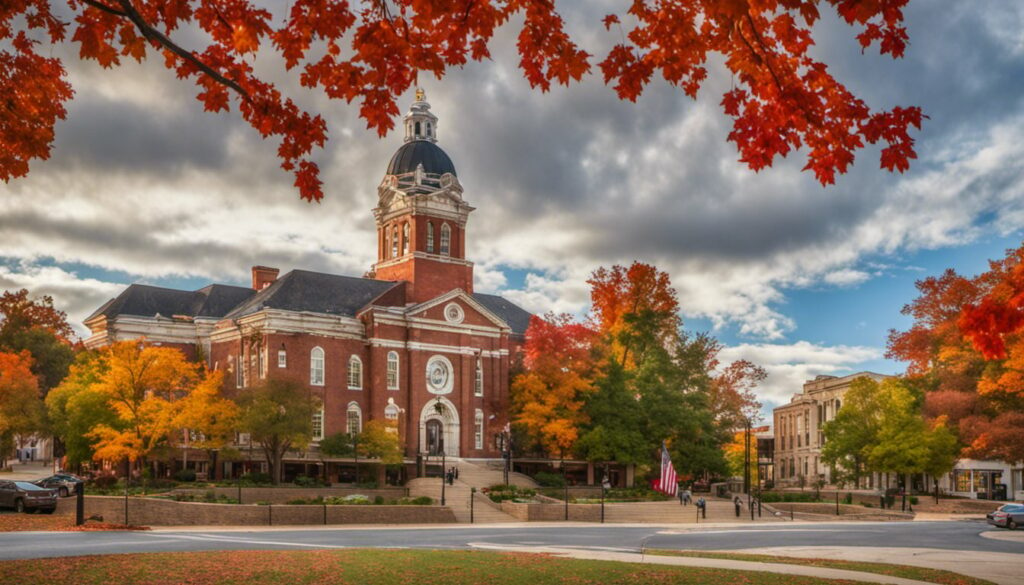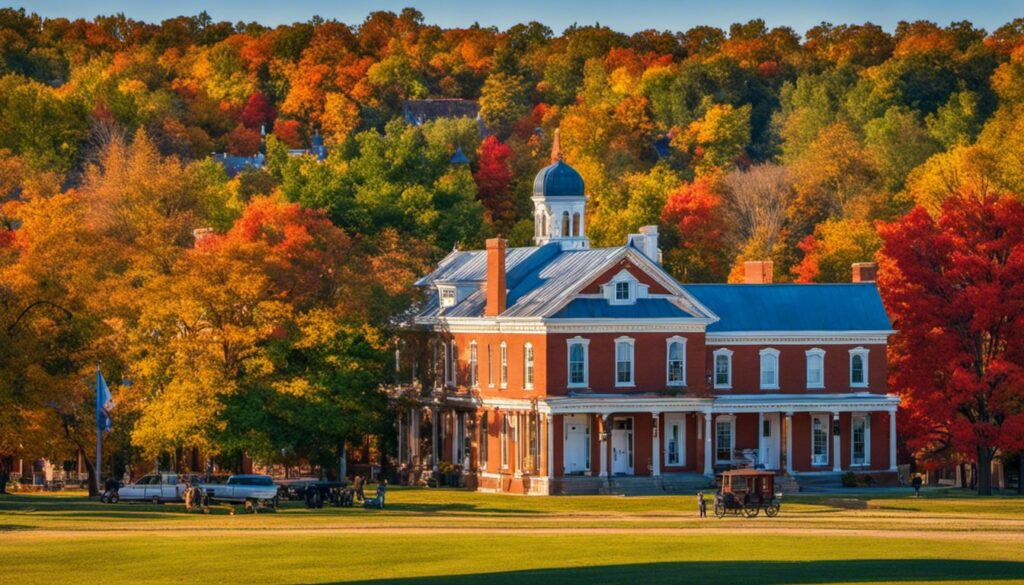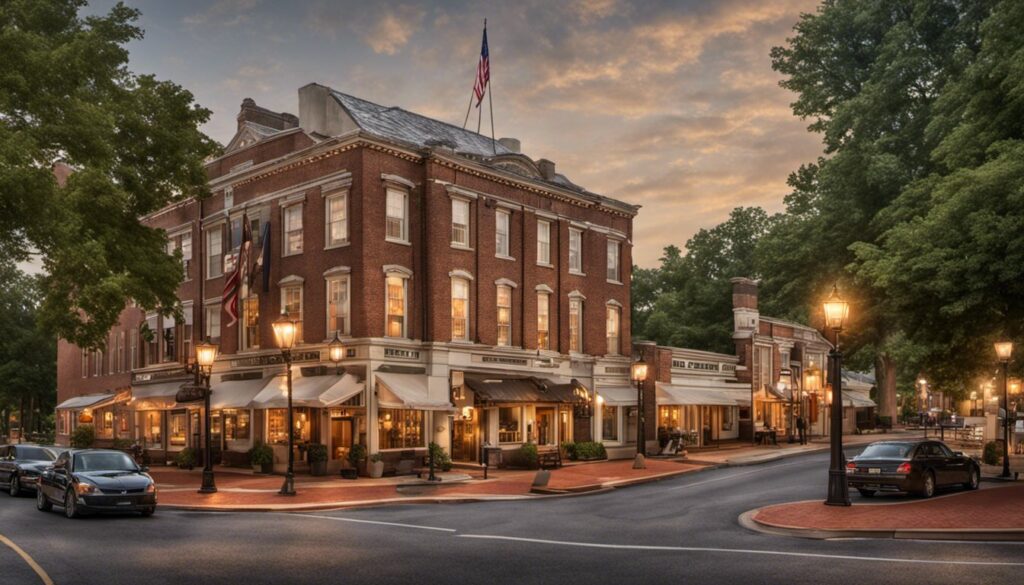Table Of Content
Explore Fayetteville, North Carolina: A Listicle of Historical Sites and Famous Landmarks
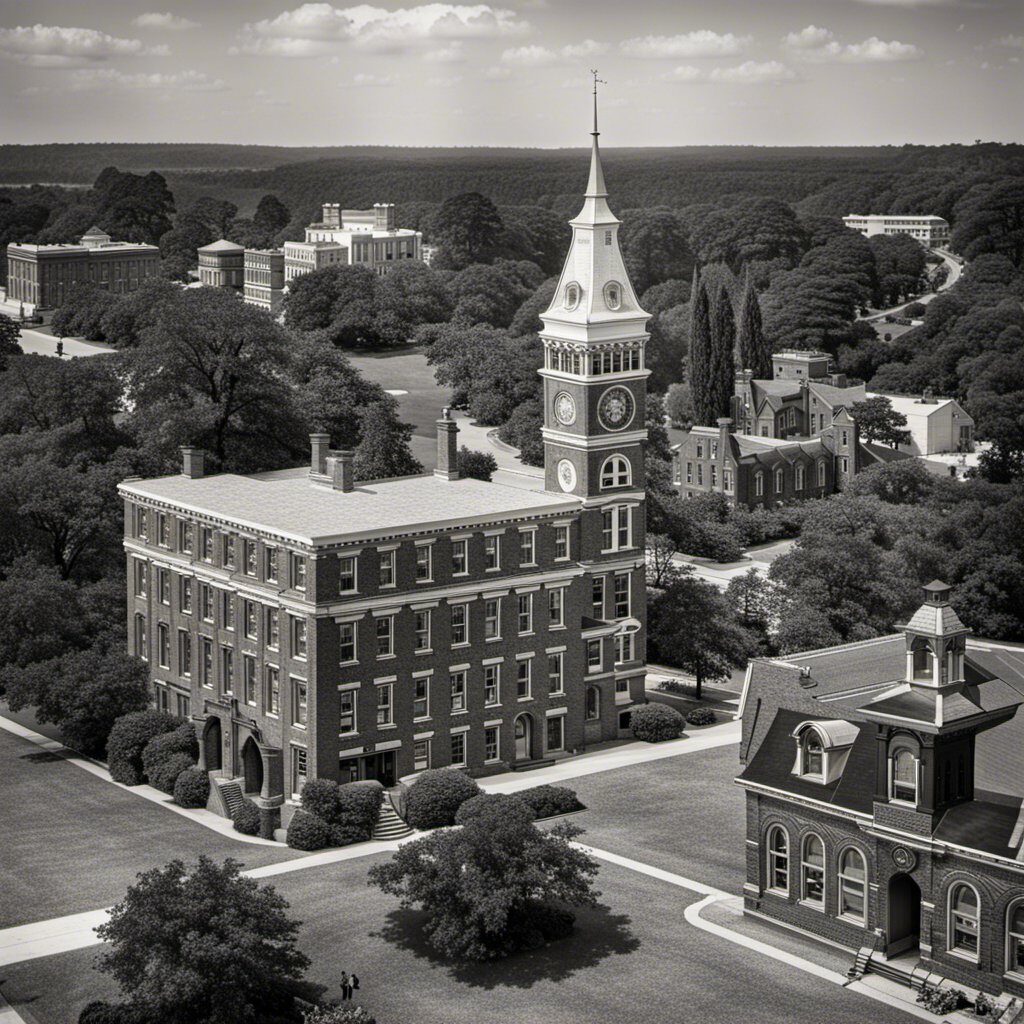

Are you planning a trip to Fayetteville, North Carolina? If you’re interested in history and culture, you’re in for a treat. This charming city is home to a wealth of historical sites and famous landmarks that will transport you back in time and give you a glimpse into the city’s rich past.
From the historic downtown district to the numerous museums and gardens, Fayetteville is a treasure trove of fascinating sites and attractions. Whether you’re a history buff or just looking for a fun and educational day out, there’s something for everyone in this vibrant city.
In this article, we’ve put together a listicle of some of the best historical sites and famous landmarks in Fayetteville. We’ll take you on a tour of the city’s most iconic attractions, from the historic Market House to the beautiful Cape Fear Botanical Garden. So buckle up and get ready to explore the best of Fayetteville’s history and culture!
Key Takeaways
- Fayetteville, North Carolina is a city rich in history and culture, with numerous historical sites and famous landmarks to explore.
- From the historic downtown district to the beautiful gardens and museums, there’s something for everyone in Fayetteville.
- This listicle will take you on a tour of the city’s most iconic attractions, giving you a glimpse into the city’s rich past and vibrant present.
Historical Overview

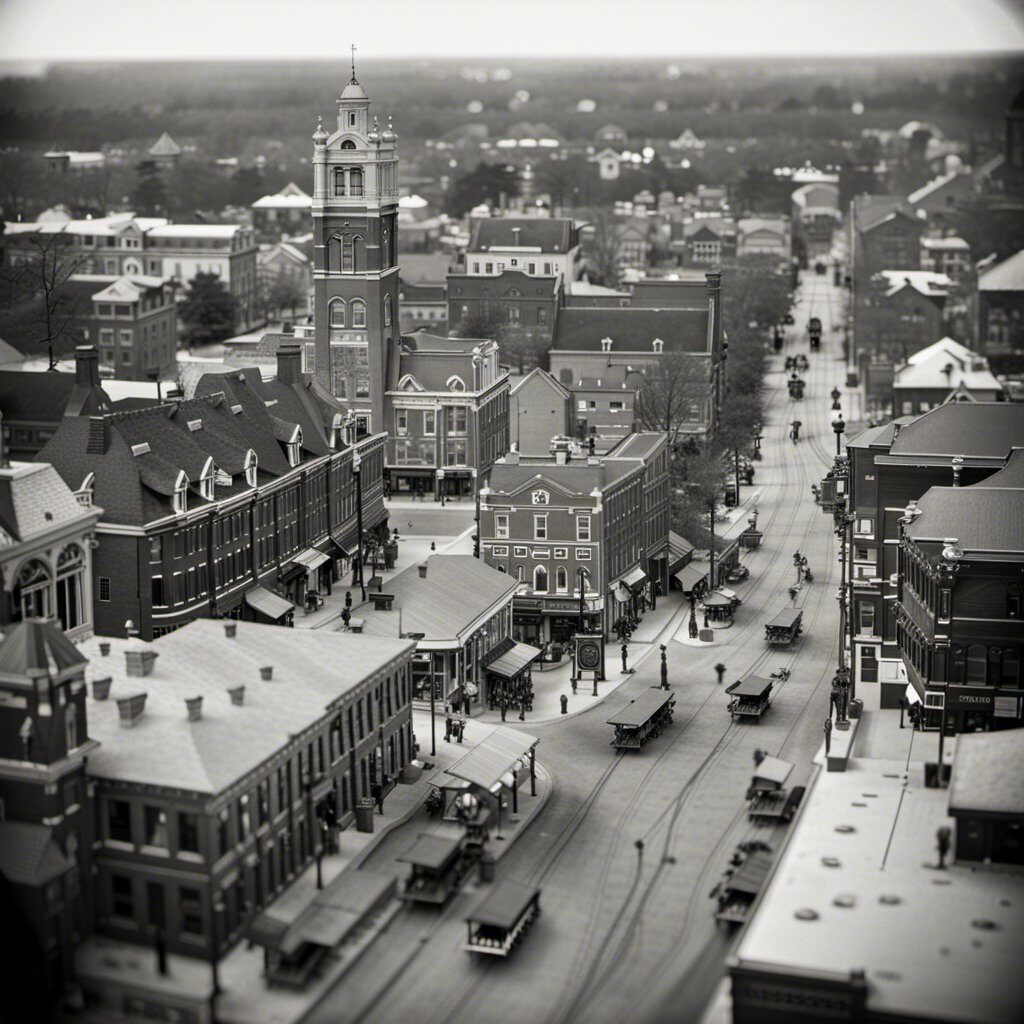
Fayetteville, North Carolina, is a city steeped in history, with a rich heritage that spans centuries. From the earliest colonial settlements to the Revolutionary War and beyond, Fayetteville has played a significant role in shaping the history of the United States.
The city was founded in the mid-18th century, with the establishment of two settlements on the Cape Fear River: Cross Creek and Campbellton. The two towns merged in 1783 and were renamed Fayetteville in honor of the Marquis de Lafayette, the French general who fought alongside American forces during the Revolutionary War.
During the Revolutionary War, Fayetteville played a pivotal role as a center of military activity. The city was a key supply depot for the Continental Army, and several important battles were fought in the surrounding area. Today, visitors can explore the city’s Revolutionary War history at sites like the Fayetteville Independent Light Infantry Armory and Museum.
In the decades that followed the Revolutionary War, Fayetteville continued to grow and develop, becoming an important center of commerce and industry in the region. During the Civil War, the city was occupied by Union forces, and several important battles were fought in the surrounding area. Today, visitors can explore the city’s Civil War history at sites like the Museum of the Cape Fear Historical Complex.
Overall, Fayetteville is a city with a rich and complex history, with many fascinating stories to discover. Whether you’re interested in colonial history, the Revolutionary War, or the Civil War, there’s something here for everyone. So come explore the city’s historic sites and landmarks and discover the rich heritage of Fayetteville, North Carolina.
Famous Landmarks
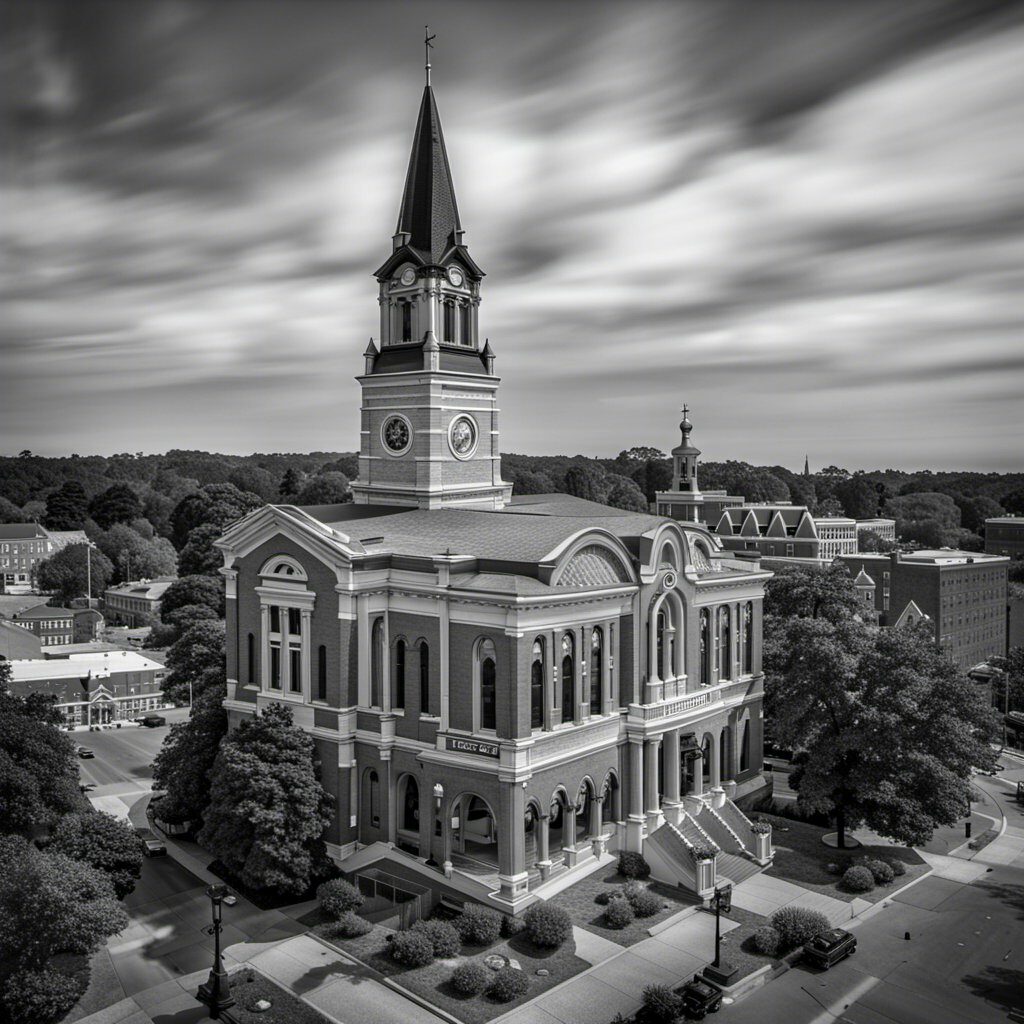

Fayetteville, North Carolina is home to many famous landmarks that are worth visiting. Here are three of the most popular landmarks that you should definitely check out during your visit:
Market House



The Market House is a historic building located in the heart of downtown Fayetteville. Built in 1832, it was originally used as a market and town hall. Today, it serves as a museum and visitor center. The Market House is a beautiful example of Greek Revival architecture and is listed on the National Register of Historic Places. You can take a guided tour of the building and learn about its history and significance.
USS North Carolina



The USS North Carolina is a World War II battleship that was decommissioned in 1947. Today, it is a museum ship that is open to the public. You can explore the ship and see what life was like for the sailors who served on board. The USS North Carolina is a fascinating piece of history and is a must-visit landmark in Fayetteville.
Biltmore Estate



The Biltmore Estate is a historic mansion located in Asheville, North Carolina, about two hours from Fayetteville. Built in the late 1800s, it is the largest privately-owned house in the United States. The estate features beautiful gardens, a winery, and a variety of shops and restaurants. You can take a guided tour of the mansion and learn about its history and architecture.
In conclusion, Fayetteville, North Carolina is home to many famous landmarks that are worth visiting. Whether you’re interested in history, architecture, or just want to see something new, there’s something for everyone in Fayetteville. So, make sure to add these landmarks to your list of must-visit places during your trip.
Historical Sites


Fayetteville, North Carolina is a city steeped in history, with numerous historical sites and landmarks that you can visit. From the Reed Gold Mine to the Cape Fear River, there are plenty of places to explore and learn about the city’s fascinating past.
Reed Gold Mine



If you’re interested in learning about the history of gold mining in North Carolina, you won’t want to miss the Reed Gold Mine. This historic site is located just outside of Fayetteville and offers visitors a chance to see the site where the first documented gold find in the United States occurred.
At the Reed Gold Mine, you can take a guided tour of the mine and see the tools and equipment that were used by miners during the 19th century. You can also pan for gold and try your luck at striking it rich!
Cape Fear River


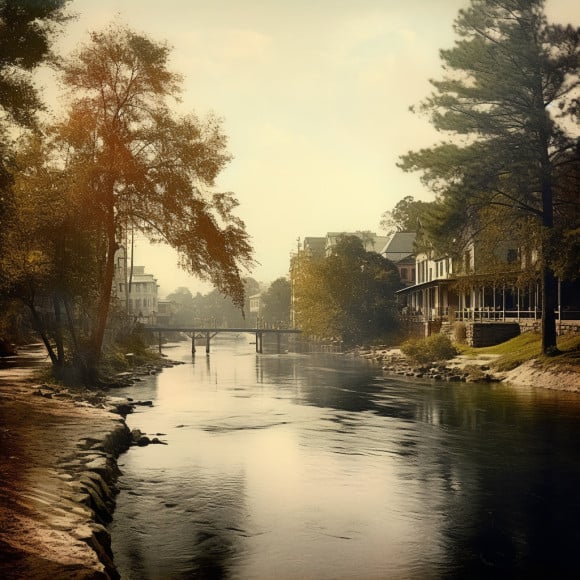
The Cape Fear River is a historic waterway that played an important role in the development of Fayetteville and the surrounding region. This river was used for transportation of goods and people, and it was also the site of several important battles during the Civil War.
Today, you can take a scenic boat tour of the Cape Fear River and learn about its history and importance to the region. You can also visit the Fayetteville Area Transportation and Local History Museum to see exhibits about the river and its role in the city’s development.
Whether you’re interested in history, preservation, or just want to explore some fascinating properties, Fayetteville has plenty of historical sites and landmarks to discover. So grab your camera, put on your walking shoes, and get ready to explore the rich history of this amazing city!
Museums in Fayetteville


If you’re a history buff, Fayetteville is the place for you. The city is home to several museums that offer a glimpse into the past. Here are a few museums you don’t want to miss:
Airborne and Special Operations Museum



The Airborne and Special Operations Museum is a must-visit for anyone interested in military history. The museum showcases the history of the U.S. Army’s airborne and special operations units, including the 82nd Airborne Division and the U.S. Army Special Forces. The museum features more than 5,000 artifacts, including weapons, uniforms, and vehicles. You can also watch a short film about the history of airborne and special operations units.
Fayetteville Area Transportation and Local History Museum
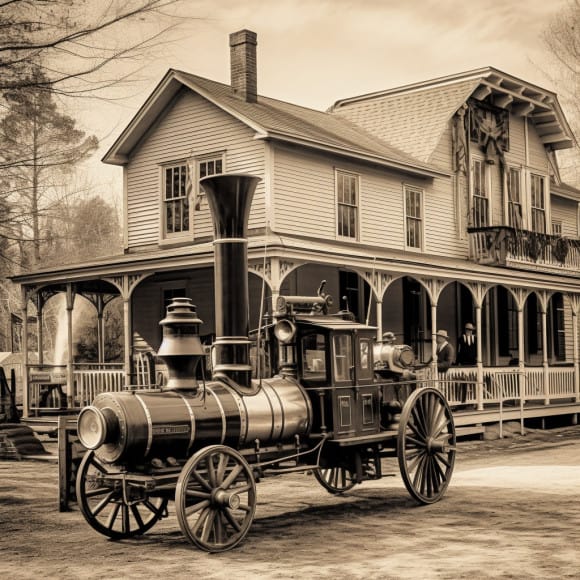


The Fayetteville Area Transportation and Local History Museum is another great museum to visit. The museum is housed in the historic Fayetteville Train Depot and showcases the history of transportation in the area. You can see vintage cars, trucks, and motorcycles, as well as exhibits on the history of the railroad. The museum also has exhibits on local history, including the history of Fayetteville’s African American community.
Whether you’re interested in military history or local history, Fayetteville has a museum for you. These two museums offer a glimpse into the past and are sure to leave you feeling excited about history.
Education and Preservation

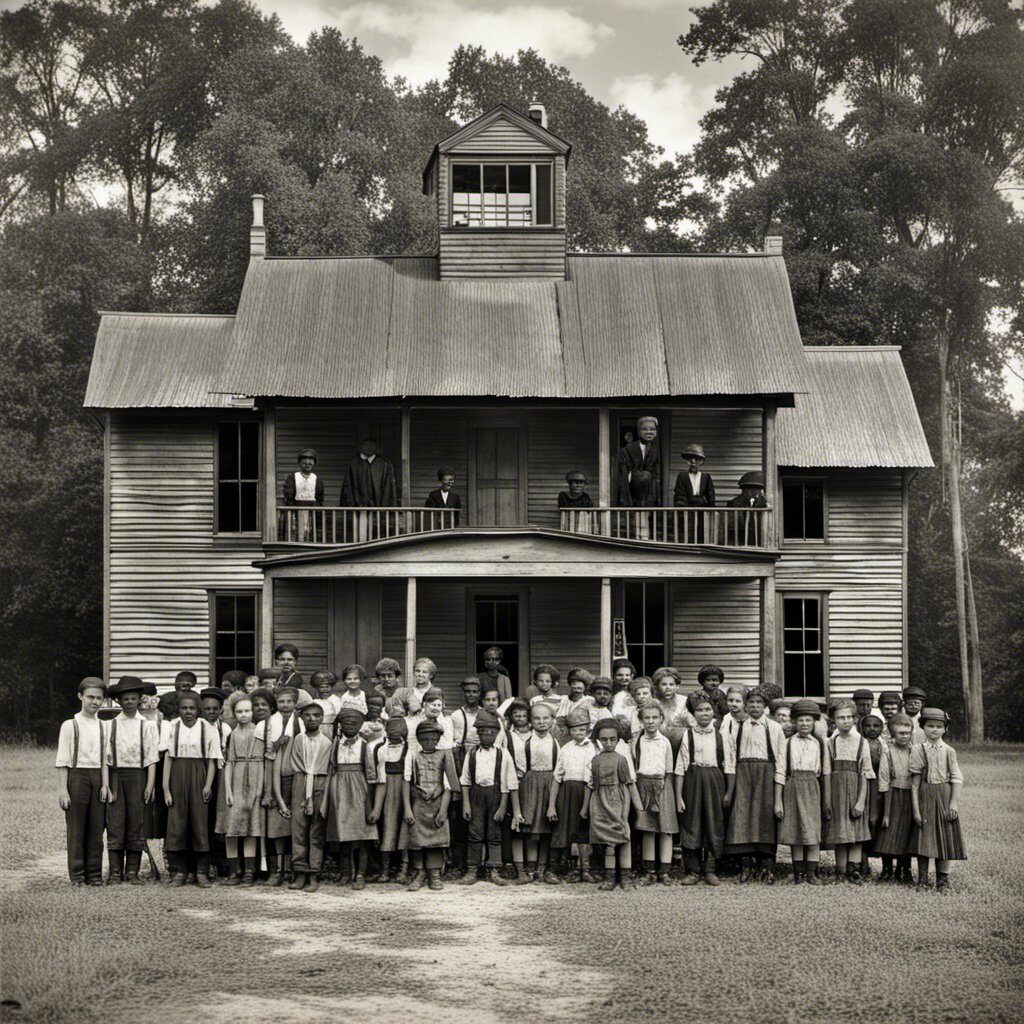
Fayetteville, North Carolina is home to a rich history that spans centuries. From the Revolutionary War to the Civil War, Fayetteville has played a pivotal role in shaping the nation’s history. To ensure that this history is preserved for future generations, education and preservation efforts are underway.
Education


The Fayetteville Historic Resources Commission is responsible for educating the public about the city’s history. The commission offers a variety of educational programs and resources, including guided tours of historic sites, lectures, and workshops. These programs are designed to help people of all ages learn about the city’s past and understand the importance of preserving it.
In addition to these programs, the commission has also developed a set of design guidelines for Fayetteville’s historic districts and local landmarks. These guidelines help property owners and developers understand how to preserve the historic character of their buildings while also making necessary repairs and renovations.
Preservation


Preserving Fayetteville’s historic sites and landmarks is a top priority for the city. The Fayetteville Historic Resources Commission works closely with property owners and developers to ensure that historic buildings are protected and maintained. The commission also reviews all proposed changes to historic properties to ensure that they are in keeping with the city’s design guidelines.
One of the most significant preservation efforts in Fayetteville is the restoration of the Market House. Built in 1832, the Market House served as a center of commerce and government for the city. It also played a role in the slave trade. Today, the Market House is a National Historic Landmark and is undergoing a restoration project that will preserve its historic character while also making it a more accessible and welcoming space for visitors.
By educating the public and preserving historic sites and landmarks, Fayetteville is ensuring that its rich history will be enjoyed by future generations. Whether you’re a history buff or just someone who appreciates the beauty of old buildings, Fayetteville has something to offer.
Natural Beauty and Gardens


Fayetteville, North Carolina is home to some of the most beautiful natural wonders in the country. The city boasts several parks, gardens, and outdoor spaces where you can take in the stunning scenery and enjoy the fresh air. Here are a few must-see natural beauty spots and gardens that you don’t want to miss during your visit.
Cape Fear Botanical Garden



The Cape Fear Botanical Garden is a stunning 80-acre garden located in Fayetteville. The garden features a variety of landscapes including a natural amphitheater, a river walk, and a butterfly garden. You can also explore the Camellia Garden, Heritage Garden, and Children’s Garden. The garden is home to over 2,000 varieties of plants, including many rare and endangered species. If you’re a fan of nature, you’ll love spending time at the Cape Fear Botanical Garden.
Cross Creek Linear Park
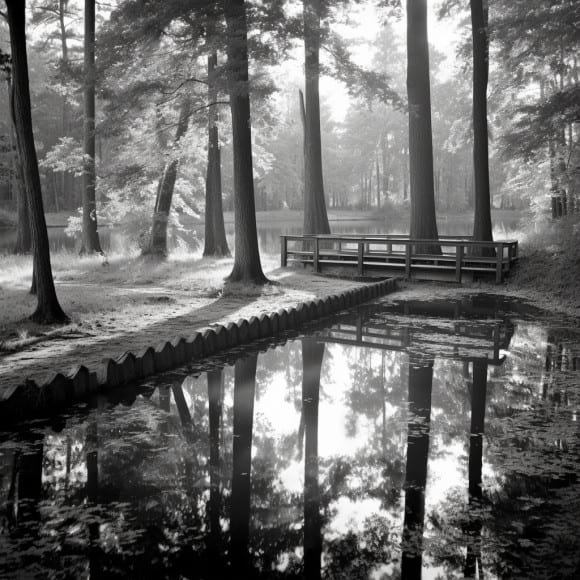

The Cross Creek Linear Park is a beautiful park located in downtown Fayetteville. The park features a paved trail that runs along Cross Creek, offering beautiful views of the water and surrounding natural scenery. The park also features several benches and picnic areas, making it a great spot for a relaxing afternoon. If you’re looking for a peaceful escape from the hustle and bustle of the city, Cross Creek Linear Park is the perfect spot.
Whether you’re a nature lover or simply looking for a peaceful place to relax, Fayetteville has plenty to offer. From the stunning beauty of the Cape Fear Botanical Garden to the peaceful tranquility of Cross Creek Linear Park, you’re sure to find something that speaks to you. So why not pack a picnic and spend the day exploring the natural beauty and gardens of Fayetteville? You won’t regret it!
Guided Tours


If you want to learn more about the historical sites and famous landmarks in Fayetteville, North Carolina, a guided tour is an excellent option for you. Guided tours offer an exciting and informative way to explore the city, and there are several options available to suit your interests.
One of the most popular tours is the Fayetteville Historic Walking Tour. This tour takes you through the city’s historic downtown district, where you can see some of the most significant landmarks and buildings in Fayetteville’s history. You’ll learn about the city’s role in the American Revolution and the Civil War, as well as its contributions to the state’s agricultural and industrial development.
If you’re interested in military history, you might want to consider a tour of Fort Bragg. This guided tour takes you through the base, where you can see the various military installations and learn about the history of Fort Bragg. You’ll also get to see some of the training exercises and demonstrations that take place on the base.
For those interested in art and culture, the Fayetteville Museum of Art offers guided tours of its exhibits. These tours are led by knowledgeable docents who can provide insights into the artwork and the artists who created them. You can also visit the Airborne & Special Operations Museum, which offers guided tours of its exhibits on the history of airborne and special operations forces.
No matter what your interests are, there’s a guided tour in Fayetteville that’s perfect for you. These tours are an excellent way to learn more about the city’s history and culture and to see some of its most significant landmarks and attractions. So why not book a guided tour today and start exploring Fayetteville in a whole new way?
Frequently Asked Questions
What are the top historical sites to visit in Fayetteville, NC?
Fayetteville, NC is home to many historical sites, but some of the top ones to visit include the Museum of the Cape Fear Historical Complex, the Fayetteville Area Transportation and Local History Museum, and the Airborne & Special Operations Museum. Each of these sites offers a unique perspective on Fayetteville’s rich history.
Can you recommend some must-see landmarks in Fayetteville?
Absolutely! Some of the must-see landmarks in Fayetteville, NC include the Market House, the Cool Spring Tavern, and the Liberty Point Resolves monument. Each of these landmarks has played an important role in Fayetteville’s history and is worth a visit.
What makes Fayetteville, NC a unique destination for history buffs?
Fayetteville, NC is a unique destination for history buffs because of its rich and diverse history. From its role in the Revolutionary War to its importance as a military town, Fayetteville has a history that is both fascinating and unique. Additionally, Fayetteville is home to many well-preserved historical sites and landmarks that offer visitors a glimpse into the past.
Are there any haunted sites or ghost tours in Fayetteville, NC?
Yes, there are several haunted sites and ghost tours in Fayetteville, NC. Some of the most popular include the Fayetteville Ghost Walk, which takes visitors on a tour of some of the city’s most haunted sites, and the Sandford House Ghost Tour, which explores the history and hauntings of the historic Sandford House.
Which historical site in Fayetteville, NC is the oldest?
The oldest historical site in Fayetteville, NC is the Cool Spring Tavern, which was built in 1788. The tavern served as a popular meeting place for local residents and travelers and played an important role in Fayetteville’s early history.
What is the significance of the Market House in Fayetteville’s history?
The Market House is one of the most significant historical sites in Fayetteville’s history. Built in 1832, the Market House served as a central hub for commerce and trade in the city. However, the building is also a symbol of Fayetteville’s complicated past, as it was also used as a slave market and a site for public executions. Today, the Market House serves as a museum and a reminder of Fayetteville’s complex history.

